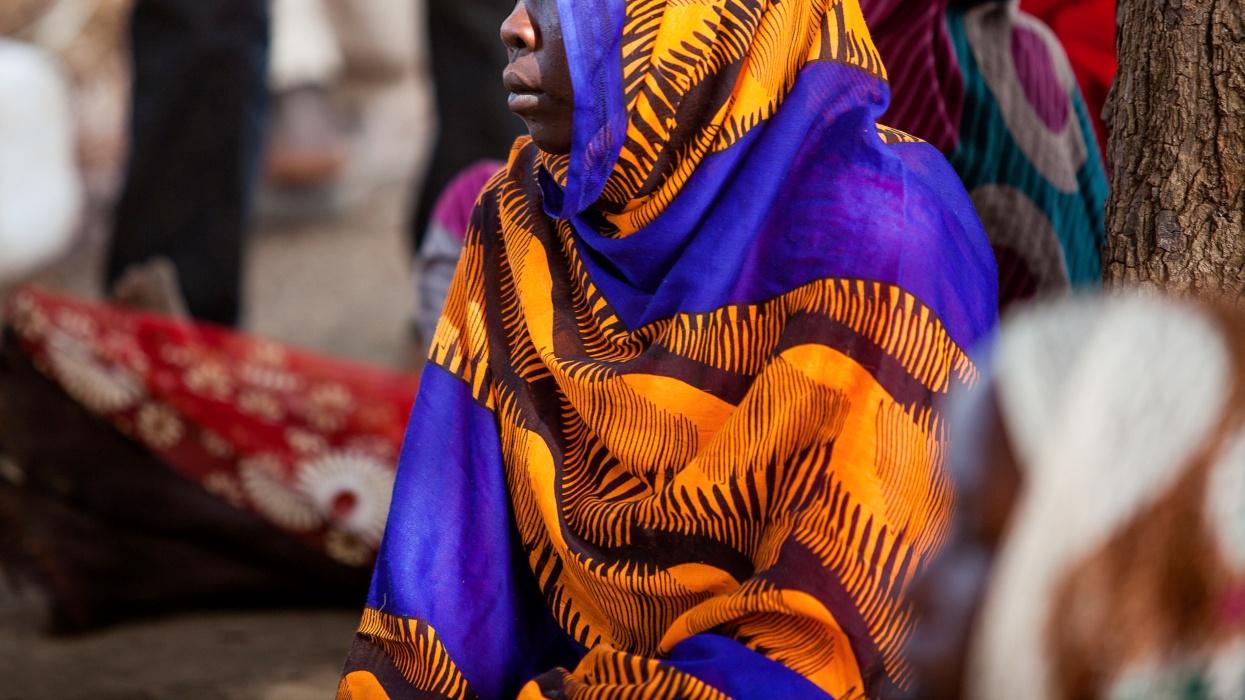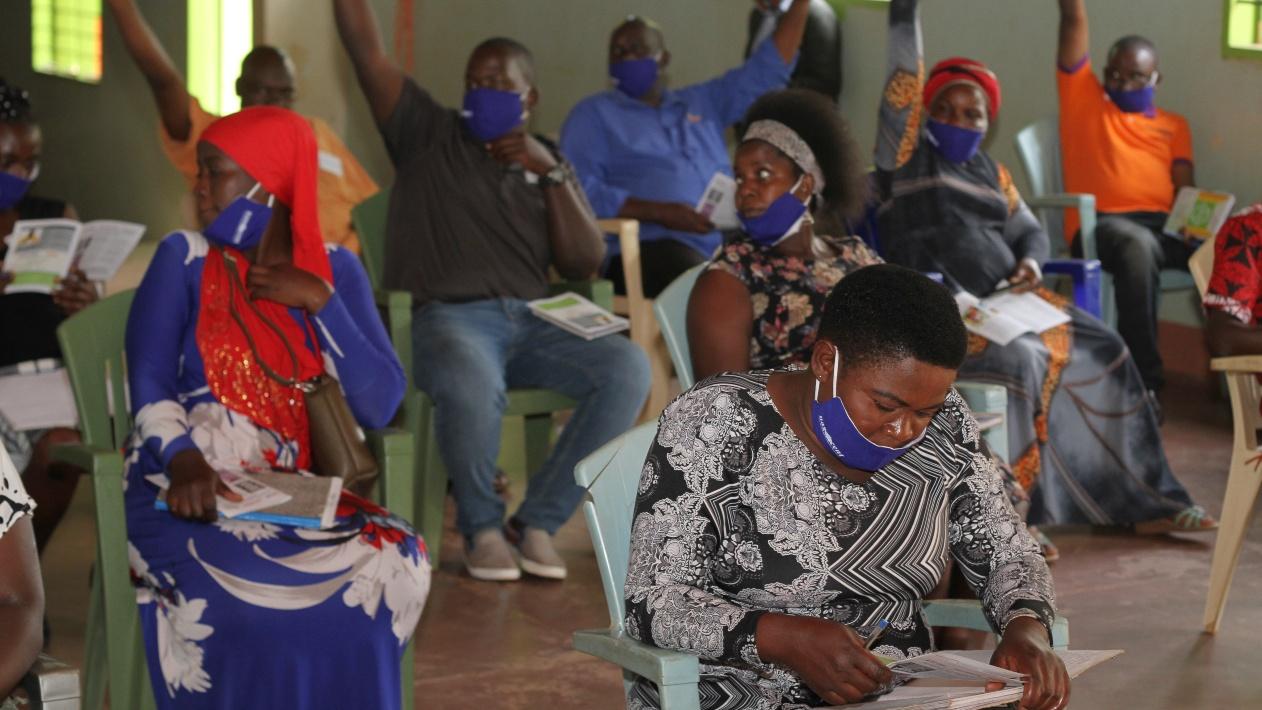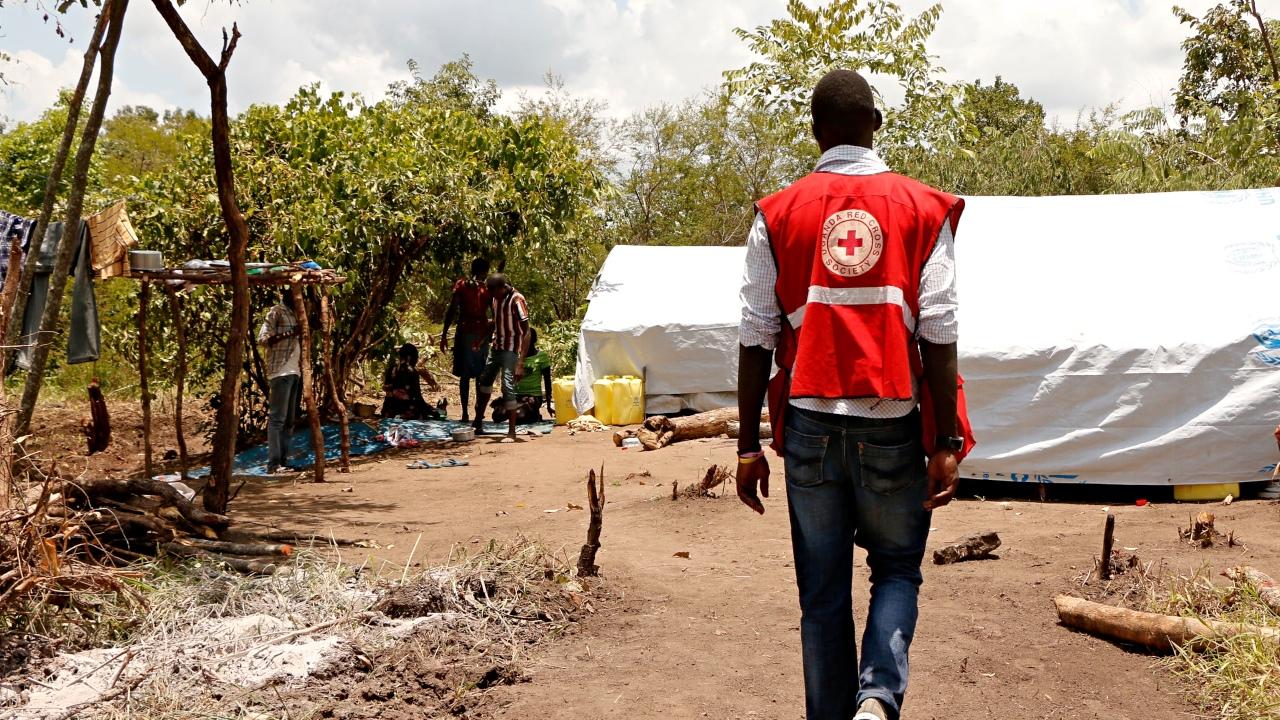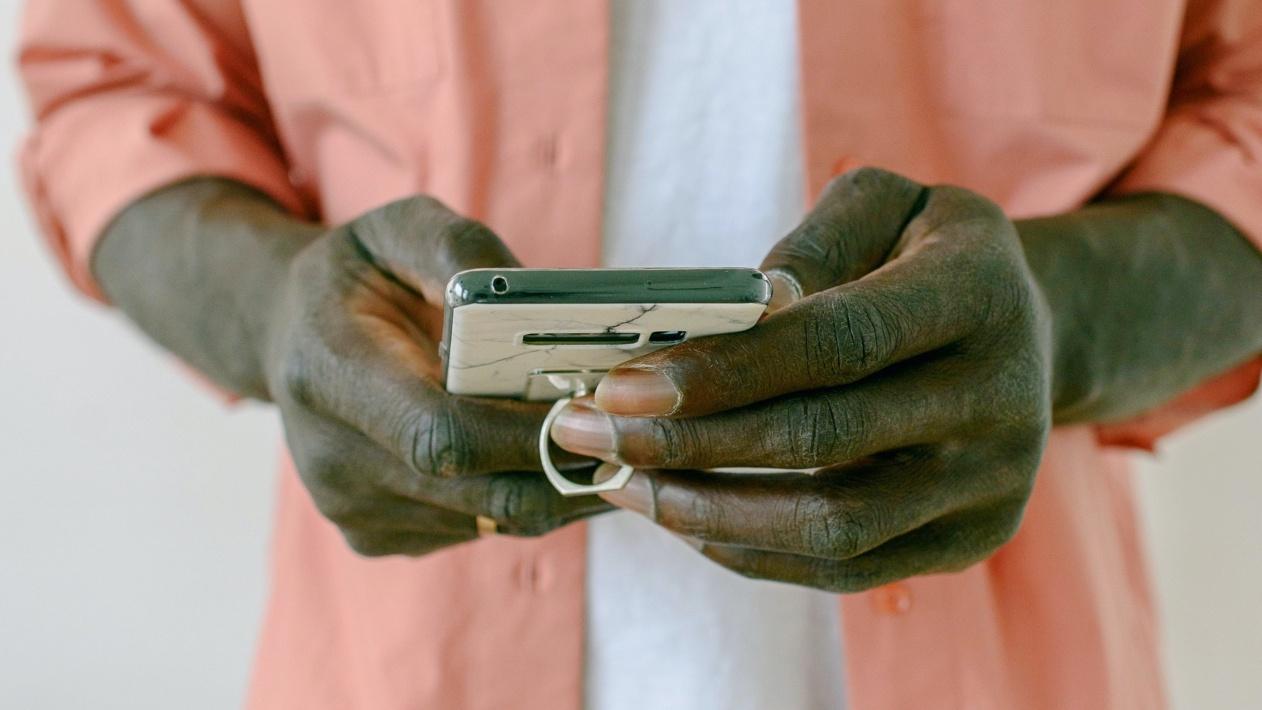Uganda is facing multiple development challenges and the country’s political structures are hindering efforts to solve them, Adrawa Lawrence Dulu writes.
Since independence, Uganda has never witnessed a peaceful transfer of presidential power. Elections in Uganda are mired in allegations of bribery, intimidation, and ballot stuffing.
Every five years, Ugandans go to the polls to elect their president and local representatives. But Uganda’s political process begins long before that, with chaotic party primaries that leave the losers bitter and, in many cases, motivated to stand against their party’s flag bearer on independent tickets.
Notable in Uganda’s ailing democracy is the shrinking space for civil society organisations that campaign for good governance, the rule of law, and constitutionalism. Those that remain have suffered for their work and have had their offices raided by security agencies, their staff arrested, and their operational licenses revoked with the claim that they work for foreign governments hostile to Uganda. Members of the press who cover Ugandan politics have been arrested, charged and beaten. Some journalists have even died as a result of their reporting.
Uganda’s independent institutions, such as the judiciary, have been dragged into the mud of the country’s politics. Many Ugandans, including some judges, do not trust the judiciary due to the behaviour of some of its members. Because the judges are appointed by the president and therefore the public don’t believe they will go against him. Another independent institution that faces the brunt of public scrutiny is the independent electoral commission whose members are also appointed by the president without the contribution of members of the opposition or other stakeholders. The army is also supposed to be neutral, but the presence of The Uganda People’s Defence Force in parliament (where it holds 10 seats) makes them partisan. Ugandans have witnessed the armed force siding with the ruling party and they have been accused of human rights violations during the election period and beyond.
In 1966 the then Uganda’s prime minster Dr Apollo Milton Obote repealed the 1962 constitution, he was accused of abolishing kingdoms, declaring himself the president without a vote, and of electoral fraud. Alas, history repeats itself. Uganda’s current constitution has been amended without the required referendum. The current constitution stipulates a five years tenure of office for the president renewable once as well as an age limit of 75 years old, but both have been removed from the country’s supreme law book.
Uganda has dropped further to 25th on the fragile states index according to The Fund for Peace. The country faces challenges of national cohesion, a declining economy, a young population who feel marginalised, group grievances, refugees, and a crisis caused by natural disasters in Eastern Uganda (Mt Elgon region) and cattle raiding in North Eastern Uganda (Karamoja-Teso corridor). Such challenges would be difficult to face even with a stable political environment.
Uganda’s ailing democracy is severely impacting on the economy as the government is faced with high cost of public administration as more government funding is directed to non-productive sectors such as the Resident District commissioners, paramilitary and rent seeking groups like local defence units and hundreds of presidential advisors. The high cost of doing business, high taxes, corruption and low tax base are some of the serious issues affecting the economy. Uganda’s debt stock is very alarming and this has serious implications for the country. The debt stock as per December 2021 stood at $20.74 billion according to the Ministry of Finance, Planning and Economic Development.
What must be done
Despite the weakening democracy in Uganda, there are lessons to be learned that may improve Uganda’s domestic and global democratic credentials. Critical issues of voter education, delayed opening of polling stations, and failure of technology must be addressed by the independent electoral commission. Polling stations in Kampala and Wakiso are didn’t open until 2:00 pm on election day, coincidently these are areas of opposition strongholds. In previous presidential elections, the results from these areas were never added to the national tally.
The Electoral Commission must have a joint tallying centre at the national and district level where all stakeholders can have the opportunity to witness the national and district tallying process. The participation of the members of the armed forces in the electoral process must be limited to genuine law enforcement and securing Uganda’s national borders.
The lack of a united opposition front will continue to favour the ruling party which is backed with state machinery. Despite this, in the 2021 general elections, NRM lost 24 ministers indicating that there is improvement in the democratic arena.
Uganda’s future
Uganda’s international reputation has been tarnished by corruption, patronage, growing human rights violations, and lack of respect for rule of law. There are opportunities and prospects for the country to improve its democratic credentials by improving its human rights record and steering the country on the right democratic path. This can be achieved if the government is able and willing to work on the bottlenecks that hinder the country’s democratic agenda. The government must work towards improved service delivery, open democratic space for civil society organisations and allow the media to do its work without any hindrance. The political opposition must play its part to provide government oversight and hold the government accountable.
Above all, government must organise free, fair, and democratic elections based on sound democratic principles and values. The government must respect the will of the Citizens by avoiding rigging and ballot stuffing for their favoured candidates. Uganda must avoid borrowing unrealistically to ensure that the country’s debts are manageable and the monies borrowed are used for the intended purposes so that the country benefits from the foreign loans. Government must find a lasting solution to youth unemployment to avoid them being used in subversive activities that will endanger the security of the country and safety of the citizens.
Only through this process can Uganda begin open discussion about its future through national dialogue and the peaceful transition and transfer of power from one president to another.
Photo credit: Sweggs used under CC BY-NC 2.0






I think the presence of the army in the parliament should be abolished because it compromises the non partisanship of the military in the political arena of the country.